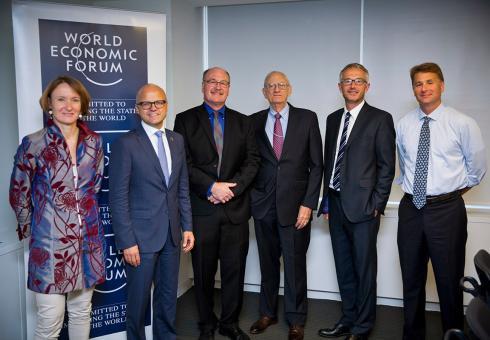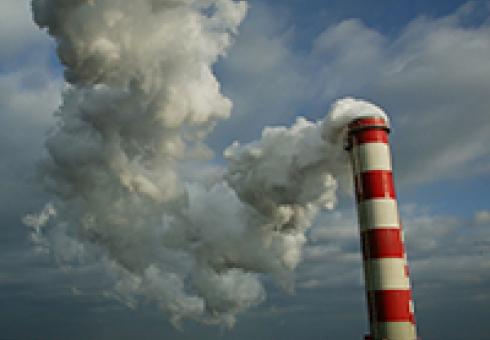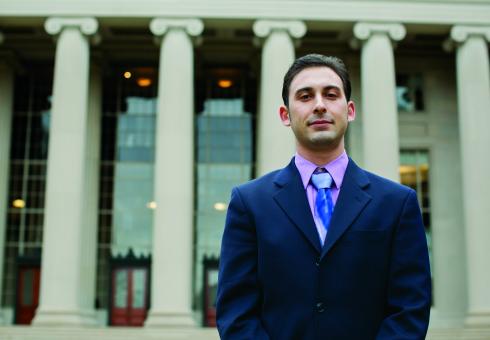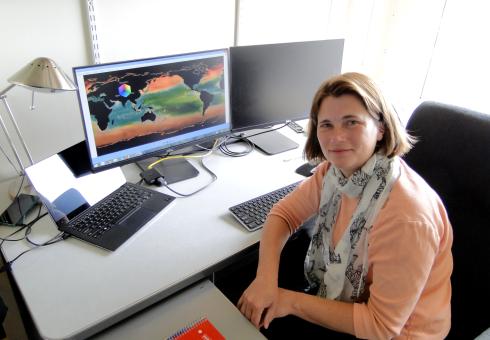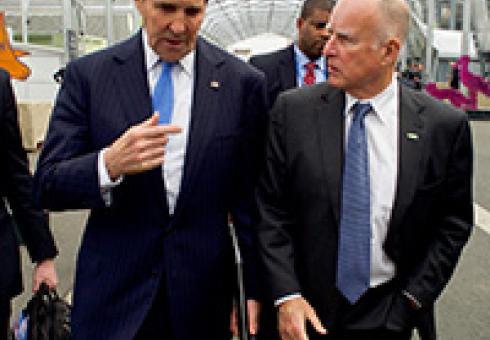News + Media
At Climate Week conference, MIT Joint Program lays out the 2C challenge for oil and gas producers
Even if the Paris Climate Agreement is Implemented, Food and Water Supplies Remain At Risk
In open letter, 375 National Academy of Sciences members warn against opting out of Paris Agreement.
WSJ Energy Expert: attention centered around carbon pricing is distracting from other needed energy actions.
The author cites research by the Joint Program’s Valerie Karplus and Jesse Jenkins that finds the “binding constraints” of politics set carbon prices far lower than the true social cost of carbon.
To reduce U.S. economic impacts, EAPS Prof. Kerry Emanuel recommends overhauling the nation’s flood insurance system
Kerry A. Emanuel, a climate scientist at the Massachusetts Institute of Technology, said the evidence suggested climate change would cause the strongest storms to grow even stronger, and to be more frequent. Unresolved questions surround the effect of warming on the weaker storms, but even those will dump more rain, leading over time to increased damage from flooding.
. . .
Finding the strong telltale “signal” of climate change in events is challenging, Dr. Emanuel said, because there are relatively few storms to draw data from. “If we have our numbers right,” he said, “it will be very difficult to see a signal in the actual data for a long time.”
Still, he said, prudent risk assessment calls for expecting these theories to be proved right over time, and to prepare.
. . .
A big part of preparing, Dr. Emanuel said, is overhauling the nation’s flood insurance system, which currently does little to dissuade people from living in hazardous areas.
. . .
“Climate change just makes it worse,” Dr. Emanuel said, and he predicted far greater property damage and rebuilding costs in years to come. The insurance problem, he said, “sets up for a string of Katrinas and Sandys as far as the eye can see.”
Photo: Flooding in Louisiana, 2016 (Source: Dave Malkoff)
California will extend its landmark climate change legislation to 2030, solidifying the state’s role as a leader in the effort to curb emissions.
John Sterman, a professor and climate policy expert at the MIT Sloan School of Management, said California’s move sent an unambiguous message that major political forces support such action. “It says, We’re committed to this task,” he said. “We’re not going back.”
In a practical sense, Dr. Sterman said, the decision gives companies and innovators clear direction about how to make investments. That could lead companies to drive down their prices in alternative energies, he said.
Still, Dr. Sterman said, even California’s ambitious goals fall short of what will ultimately be needed to head off severe effects of climate change. “As welcome as California’s action is, it’s still not aggressive enough,” he said.
. . .
Photo: Secretary of State John Kerry with California Gov. Jerry Brown at the COP21 Climate Change Summit in Paris (Source: U.S. Department of State)

